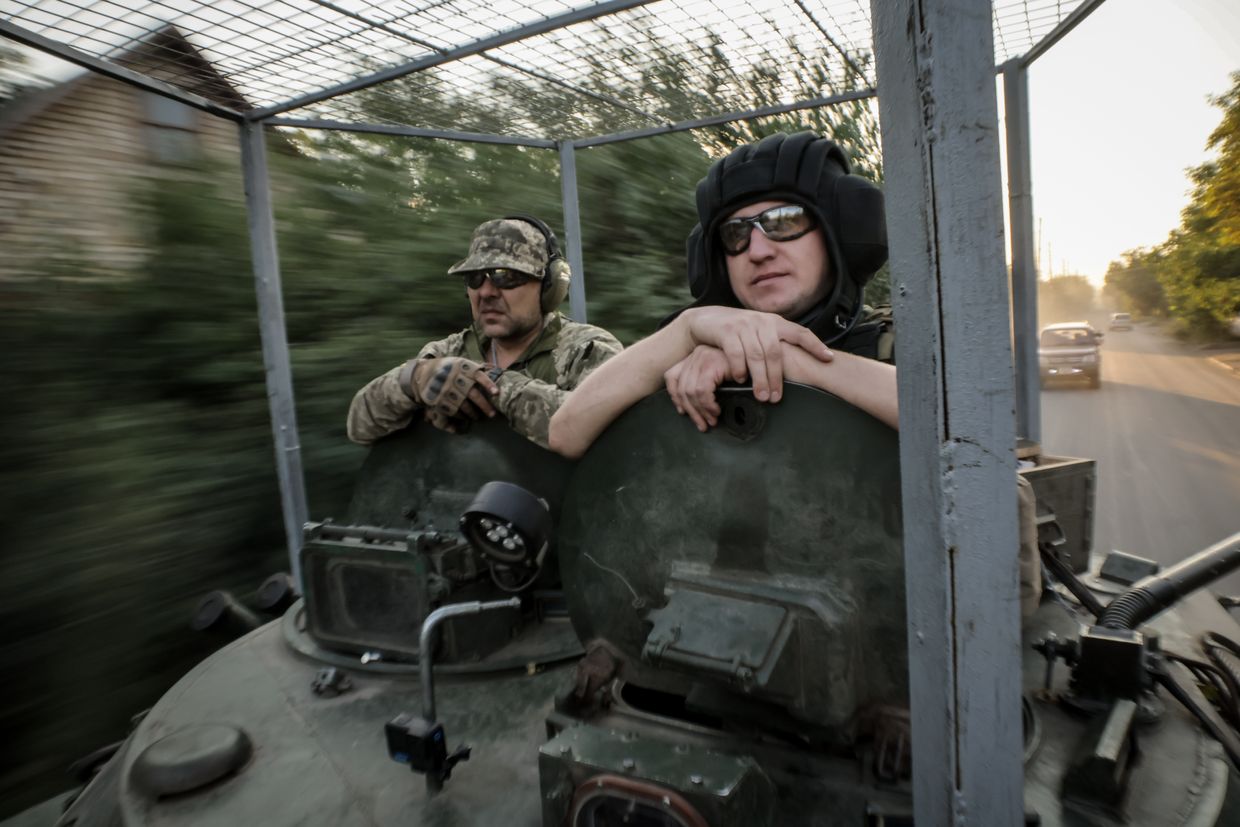Russia could challenge EU's defense readiness within 5 years, Kallas says

European Union leaders are warning that Russia could test the bloc's readiness to defend itself within the next three to five years, calling for an increase in defense budgets and deepen military cooperation among member states.
Speaking at a European Defense Agency meeting on Jan. 22, EU's chief diplomat Kaja Kallas stressed that the bloc must act decisively to counter Russia's growing militarization, with President Vladimir Putin allocating over one-third of his national budget to military spending — three times what it was before the invasion of Ukraine.
"This is a heavily militarized country that presents an existential threat to us all," Kallas warned, citing intelligence reports suggesting that Russia is preparing for further provocations. "We are running out of time. The Ukrainians are fighting for their freedom and ours. They are buying us time."
German Defense Minister Boris Pistorius echoes Kallas' concerns. Speaking with journalists in Lithuania, he has cautioned that Russia could be capable of attacking NATO territory within the next five to six years due to its rapid military industrialization.
"By 2029 or 2030, Putin could strengthen his army to the point where Russia would be capable of striking NATO," Pistorius said, according to Delfi. The minister also highlighted that Russia now produces more weapons and ammunition in months than the entire EU manufactures in a year.
The EU is expected to manufacture around two million artillery shells in 2025, commissioner for defense and space told Ukrainian journalists in late 2024, adding that Europe is unlikely to ramp up weapons and ammunition production for Ukraine in the coming years.
The EU has already committed over 130 billion euros in support to Ukraine, including nearly 50 billion euros in military aid. Member states have also trained 75,000 Ukrainian soldiers and imposed extensive sanctions on Russia. However, EU's chief diplomat is adamant that more needs to be done.
"Russia is spending 9% of its GDP on defense, while EU member states collectively average only 1.9%. This sends a dangerous signal to the aggressor. Weakness invites them in," EU's top diplomat noted.
To address these challenges, the EU is drafting a Preparedness Strategy that emphasizes stronger defense integration without forming a single European army. Instead, the plan focuses on enabling 27 capable national armies to work cohesively.
"We need investment from member states, the private sector, and the common EU budget. We must relay a message that we are serious about our commitment to European defense," Kallas said, highlighting the urgency of increasing production capabilities for weapons and military equipment.
"Ukraine is Europe’s front line for defense," Kallas said, adding that Russia’s military aggression has already been accompanied by hybrid warfare tactics, including cyberattacks, election interference, and sabotage across Europe. "We need more, faster, and stronger support for Ukraine because the only language the Kremlin understands is the language of strength."
While Russia’s limited territorial gains in Ukraine have come at a high cost to its military and economy, EU leaders must remain cautious. "Russia is not invincible, but neither is time on our side. We must prepare for the worst while striving for peace through strength."











